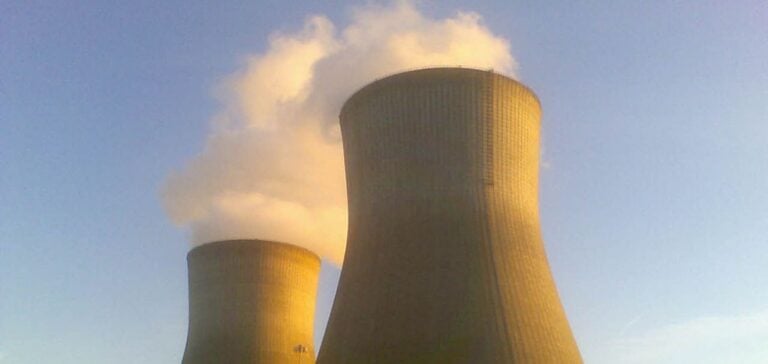On April 15, a crucial gathering took place, organized by the World Nuclear Association in collaboration with the Ministry of Energy of the Republic of Kazakhstan. The event served as a platform to discuss Kazakhstan’s requirements for nuclear power deployment and the opportunities for the country to push its nuclear plans forward. Senior government officials, industry leaders and institutional representatives discussed potential strategies and the benefits of nuclear power.
Kazakhstan’s objectives and the role of nuclear power
Sungat Yessimkhanov, Deputy Minister of Energy, emphasized the historical and current importance of nuclear power for Kazakhstan, particularly as a leader in uranium production. He expressed the need to maximize this advantage to achieve carbon neutrality targets. The forum also addressed the growing recognition of nuclear energy as a key tool for achieving net-zero objectives, underlined by international summits and declarations.
Discussion on technology and infrastructure investment
Yernat Berdigulov, Director of Strategy and Asset Management at Samruk-Kazyna, discussed the sovereign wealth fund’s interest in nuclear power as a low-carbon energy source, and its potential for using SMR technologies, which are particularly suited to the country’s remote areas.
Steps towards a nuclear program decision
Kazakhstan is following the IAEA Milestones approach to developing the infrastructure required for a nuclear power program. Last year, President Kassym-Jomart Tokayev announced a referendum on the construction of a nuclear power plant. Gulmira Mursalova, Deputy Director of the Department of Atomic Energy and Industry, noted that actions are already underway to evaluate technological options and strengthen national capacities in anticipation of this project.
Sama Bilbao y Léon, Director General of the World Nuclear Association, affirmed the support of the global nuclear community for Kazakhstan in its efforts to integrate nuclear energy. She stressed the importance of reaching a national consensus for a successful and equitable energy transition.





















